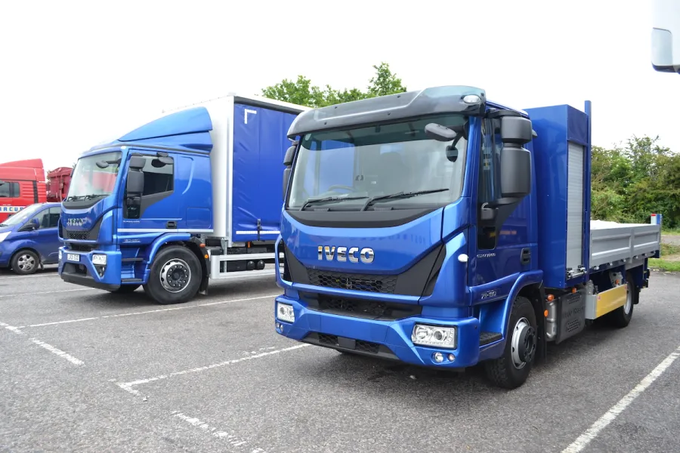News List
Tata-Iveco Deal Marks a Turning Point for India’s CV Industry

On July 30, 2025, Tata Motors sealed a deal with Italy’s Iveco that is being hailed as a landmark in India’s commercial vehicle (CV) industry. It is not just the largest transaction the sector has ever witnessed, but also a defining moment that signals India’s growing ambition in the global automotive arena.
Unlike acquisitions driven purely by numbers, this one is the result of months of boardroom conversations, what-if simulations, and bold vision-setting. For Tata Motors, the move is as much about reclaiming its place in the global CV market as it is about protecting its domestic dominance.
Why Tata Chose Iveco
The single biggest driver behind the acquisition is scale. In a world where size and reach dictate survival, Tata knew that relying solely on the Indian market would no longer be enough. Iveco, with its strong European roots, global distribution network, and advanced technology, offered the right launchpad for Tata’s next chapter.
By acquiring Iveco, Tata instantly gains access to world-class product platforms, established supply chains, and deep expertise in meeting strict global safety and emission norms. In short, it now has the tools to compete not just at home, but in some of the toughest markets abroad.
The Strategy Behind the Move
What makes the deal particularly bold is Tata’s decision to pursue full operational integration. Instead of keeping Iveco as a separate brand, Tata plans to harmonize management, engineering, and production across both companies. That is a rare step in cross-border acquisitions of this scale—but one that promises efficiency, reduced costs, and a stronger culture of innovation.
The all-cash structure of the deal has also caught attention. It reflects Tata’s financial strength and confidence in taking on the complexities of global expansion, reinforcing the idea that this is not a defensive move but an aggressive bid to reshape the global CV landscape.
What It Means for India
For the Indian CV industry, this deal is a game-changer. Local automakers have often struggled to go global, held back by limited resources or fragmented strategies. Tata’s bold move signals a break from that past. It shows that Indian companies are ready not just to participate but to lead on the world stage.
There are domestic benefits too. Iveco’s engineering know-how can help Tata modernize its fleet to meet India’s new safety and emission standards, while also creating vehicles fit for export. That means Indian roads may soon see trucks and buses that match global benchmarks in efficiency, safety, and comfort.
More Than Expansion
At its heart, the Tata-Iveco deal is about transformation. It is not simply about adding factories or new markets—it’s about raising the bar for what Indian manufacturing can achieve. The move mirrors bold global acquisitions by Indian firms in other sectors that redefined their industries almost overnight.
In many ways, this deal is a statement of confidence—not just for Tata Motors, but for India Inc. If successful, it could pave the way for more Indian companies to think bigger, move faster, and compete harder in the international arena.
